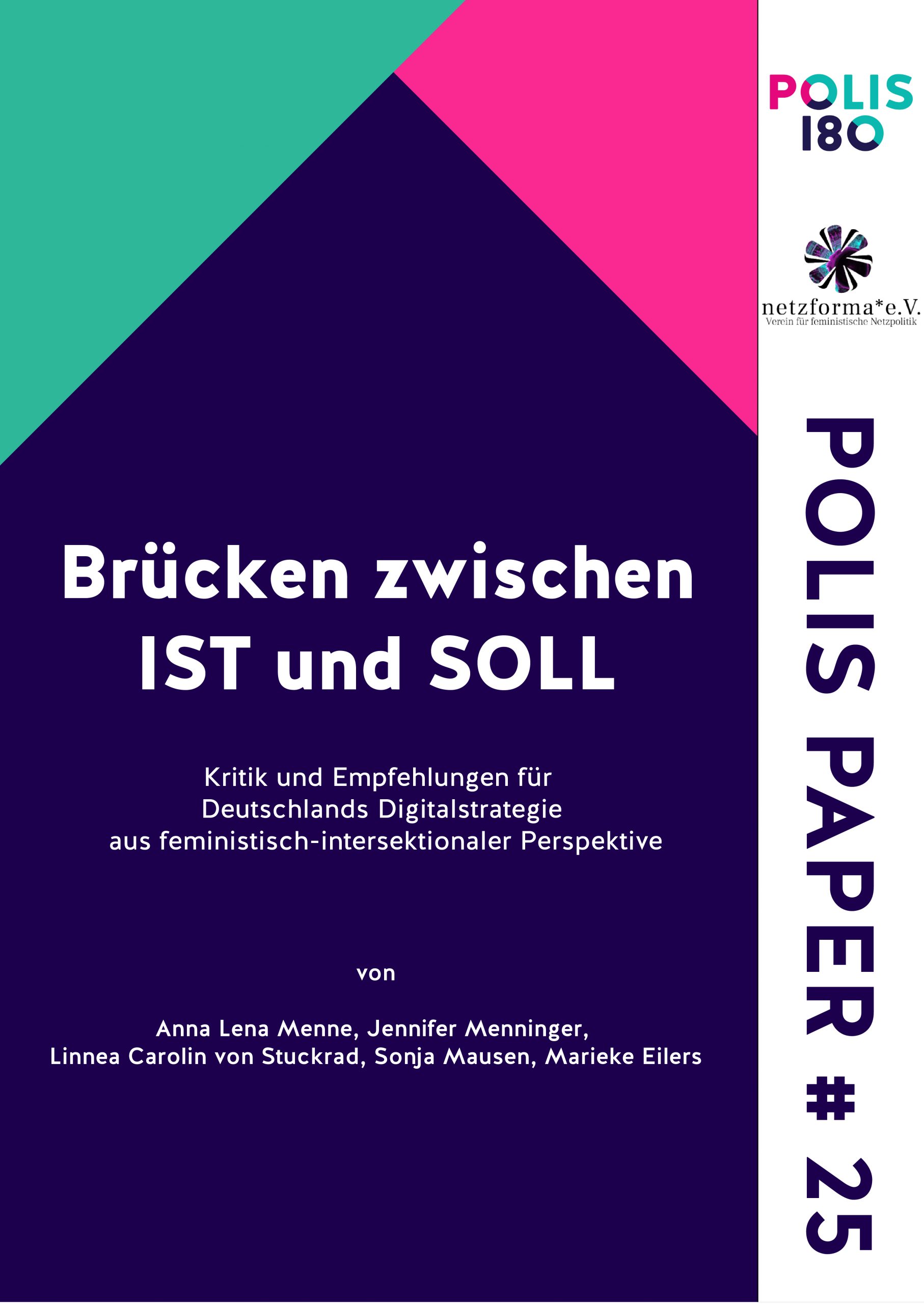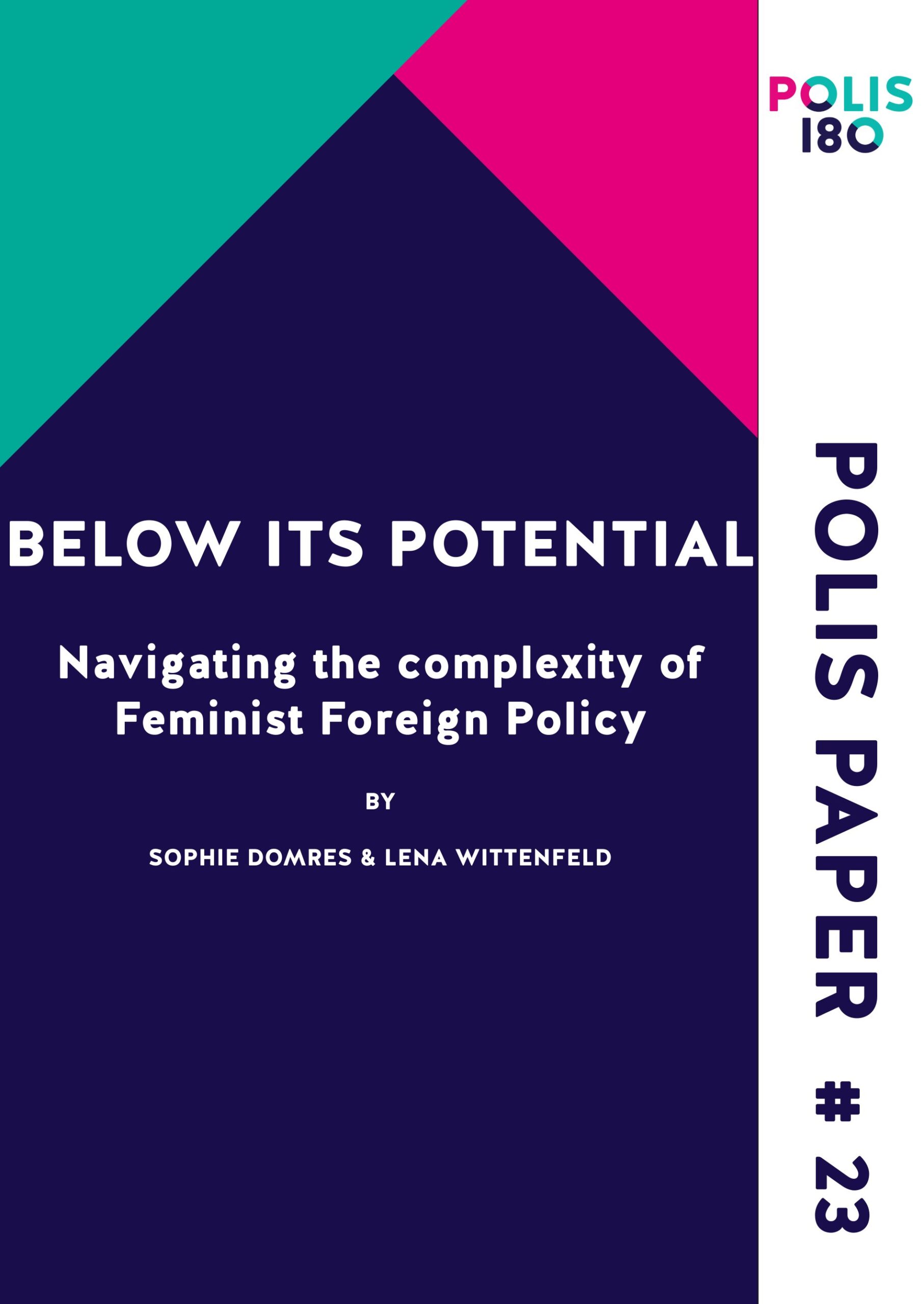A few days before our Polis-Teatime Lights out in Afghanistan: Which options for Afghan artists?, Polis member Claire Saillour met with Shamayel Shalizi (designer, multimedia artist, founder of the platform Blingistan), who is trying to build bridges between the Afghan diaspora and people in Afghanistan with formats such as “Diaspora passing”. She asked her how she is experiencing the changes in her home country Afghanistan and how it affects her personally.
An conversation between Shamayel Shalizi and Claire Saillour




